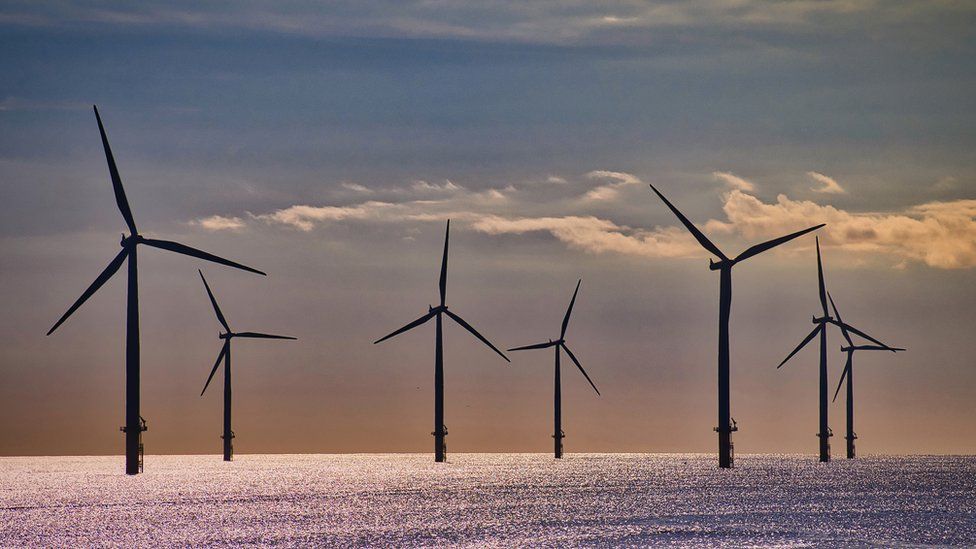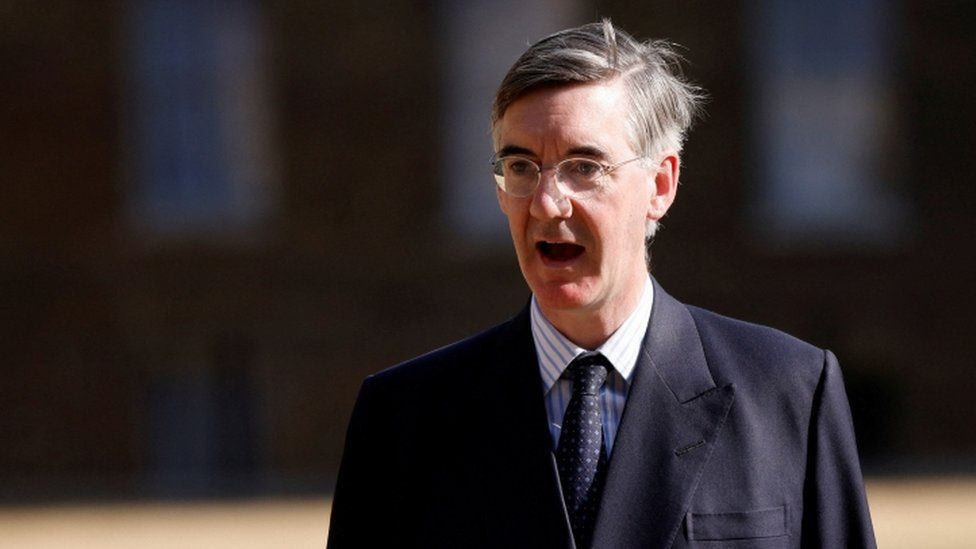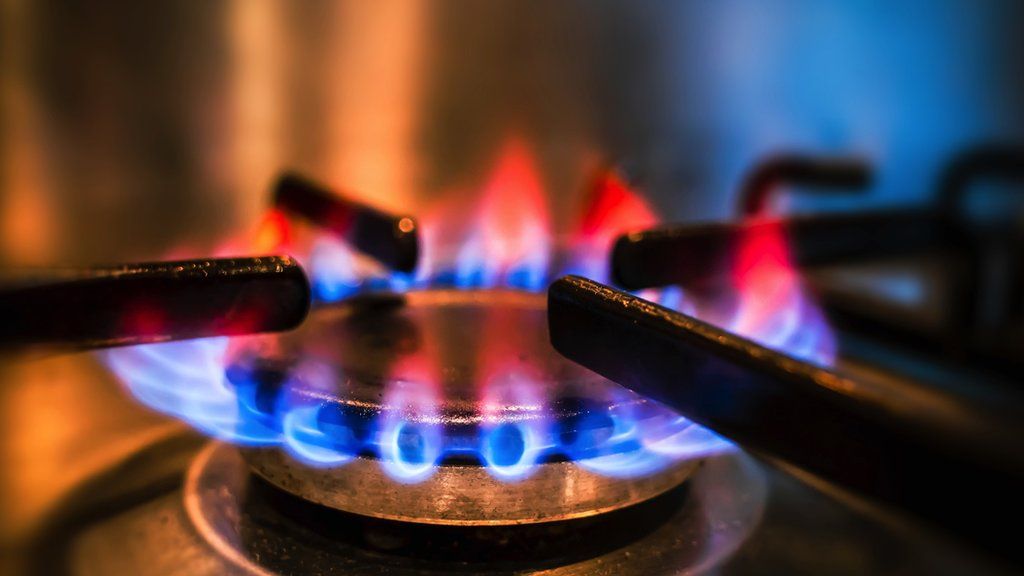The main purpose of this ongoing blog will be to track planetary extreme, or record temperatures related to climate change. Any reports I see of ETs will be listed below the main topic of the day. I’ll refer to extreme or record temperatures as ETs (not extraterrestrials).😉
Main Topic: Switching to Renewables Will Save the World As Much As $Trillion By 2050
Dear Diary. Today’s main topic appears to be a no brainer. The faster we switch to renewables, the lower the planet’s temperature will be. In turn, there will be a lower cost of having to contend with numerous climate crisis disasters because there will be fewer of them. Also, the cost of generating energy will go down because renewables are now cheaper than burning fossil fuels. Yet, we still need studies to give us exact dollar savings amounts for a global switch to renewables. These will spur on policy makers for the big switch.
Today I’m presenting the results from yet another such study via the BBC:
https://www.bbc.com/news/science-environment-62892013
Switching to renewable energy could save trillions – study
By Jonah Fisher
BBC Environment Correspondent
- Published 9/13/2022

Switching from fossil fuels to renewable energy could save the world as much as $12tn (£10.2tn) by 2050, an Oxford University study says.
The report said it was wrong and pessimistic to claim that moving quickly towards cleaner energy sources was expensive.
Gas prices have soared on mounting concerns over energy supplies.
But the researchers say that going green now makes economic sense because of the falling cost of renewables.
“Even if you’re a climate denier, you should be on board with what we’re advocating,” Prof Doyne Farmer from the Institute for New Economic Thinking at the Oxford Martin School told BBC News.
“Our central conclusion is that we should go full speed ahead with the green energy transition because it’s going to save us money,” he said.
- Will new government stick to climate targets?
- PM will explore energy market reform to cut bills
- What is climate change? A really simple guide
The report’s findings are based on looking at historic price data for renewables and fossil fuels and then modelling how they’re likely to change in the future.
The data for fossil fuels goes from 2020 back more than 100 years and shows that after accounting for inflation, and market volatility, the price hasn’t changed much.
Renewables have only been around for a few decades, so there’s less data. But in that time continual improvements in technology have meant the cost of solar and wind power have fallen rapidly, at a rate approaching 10% a year.
The report’s expectation that the price of renewables will continue to fall is based on “probabilistic” modelling, using data on how massive investment and economies of scale have made other similar technologies cheaper.
“Our latest research shows scaling-up key green technologies will continue to drive their costs down, and the faster we go, the more we will save,” says Dr Rupert Way, the report’s lead author from the Smith School of Enterprise and the Environment.
Wind and solar are already the cheapest option for new power projects, but questions remain over how to best store power and balance the grid when the changes in the weather leads to fall in renewable output.
Cost of net zero
Back in 2019 Philip Hammond, then Chancellor of the Exchequer wrote to the prime minister to say that the cost of reaching net zero greenhouse gas emissions by 2050 in the UK would be more than £1tn. This report says the likely costs have been over-estimated and have deterred investment.
It also says predictions by the Intergovernmental Panel on Climate Change (IPCC) that the cost of keeping global temperatures rises under 2 degrees would correspond to a loss of GDP by 2050 were too pessimistic. The transition to renewables was, it says, likely to turn out to be a “net economic benefit”.
The research has been published in the journal Joule and is a collaboration between the Institute for New Economic Thinking at the Oxford Martin School, the Oxford Martin Programme on the Post-Carbon Transition, the Smith School of Enterprise & Environment at the University of Oxford, and SoDa Labs at Monash University.
Follow Jonah on Twitter at @jonahfisherbbc
- Charles will not cool on climate action, say friends
- Will new government stick to climate targets?

- PM will explore energy market reform to cut bills
Related:
Here are some “ET’s” recorded from around the planet the last couple of days, their consequences, and some extreme temperature outlooks:
Here is some more August and Summer 2022 climatology:
Here is more climate and weather news from Thursday:
(As usual, this will be a fluid post in which more information gets added during the day as it crosses my radar, crediting all who have put it on-line. Items will be archived on this site for posterity. In most instances click on the pictures of each tweet to see each article. The most noteworthy items will be listed first.)
(If you like these posts and my work please contribute via the PayPal widget, which has recently been added to this site. Thanks in advance for any support.)
Guy Walton “The Climate Guy”

